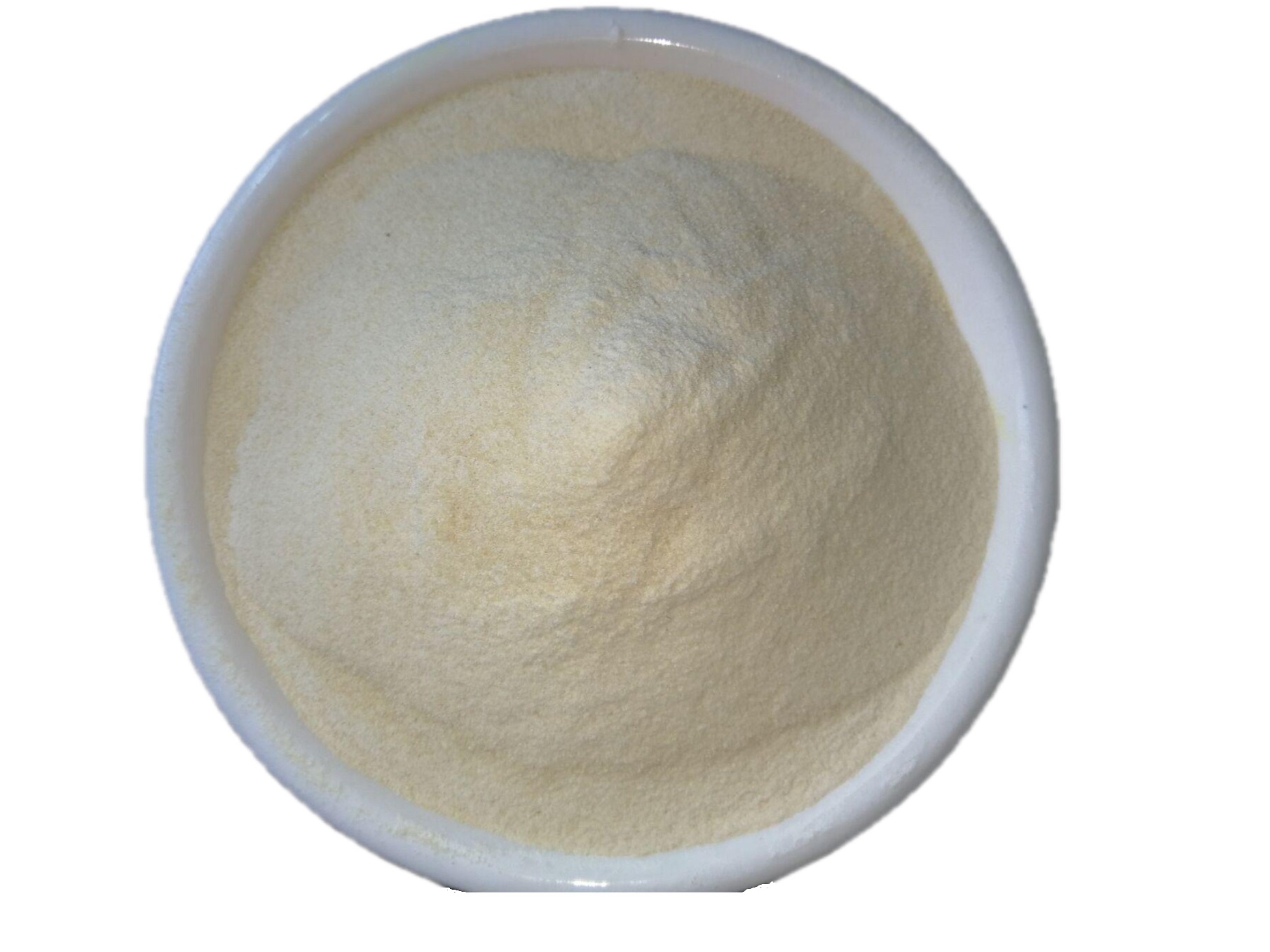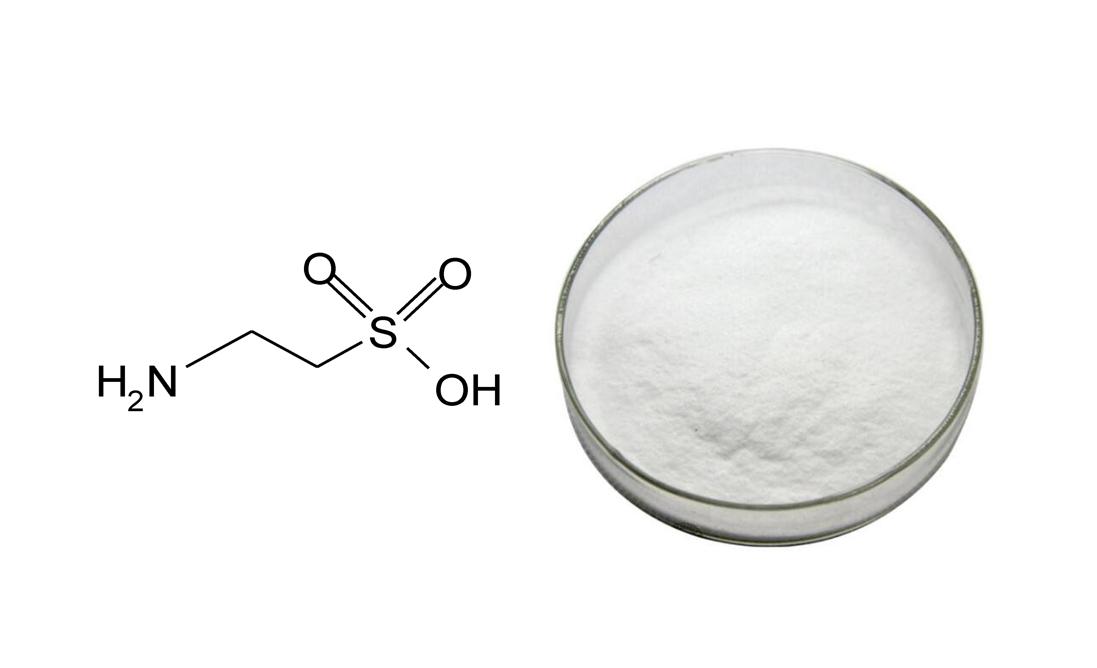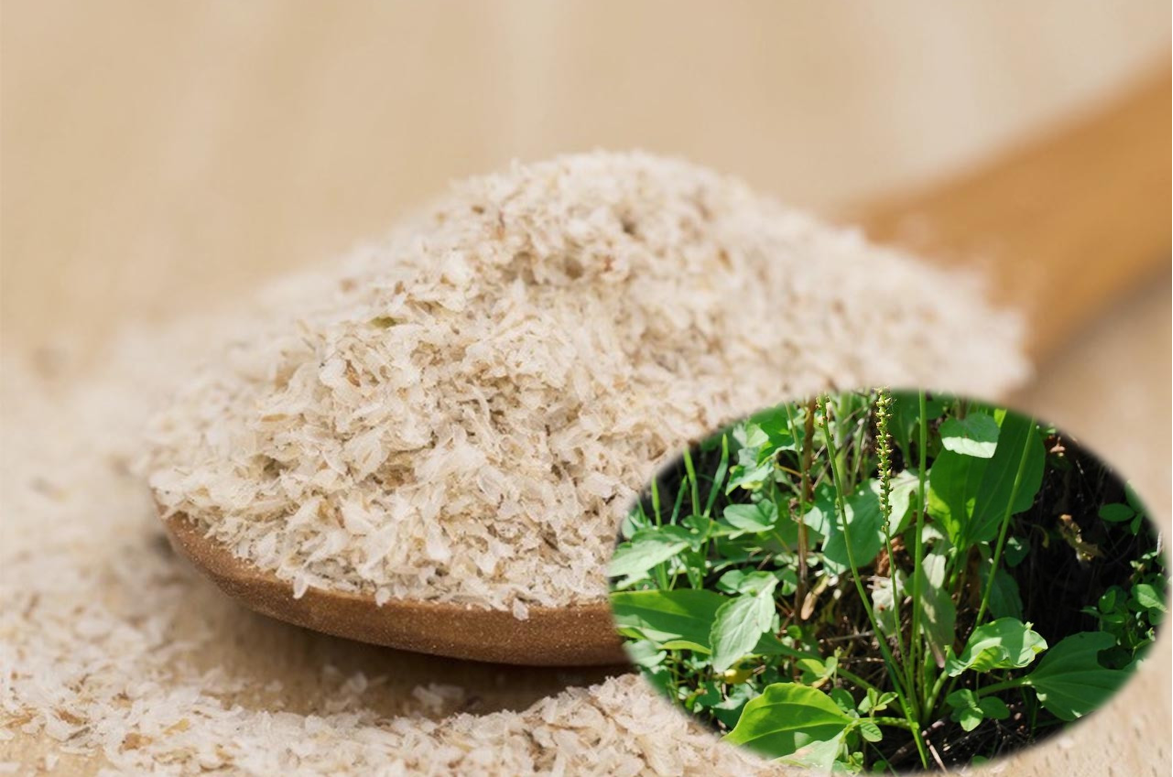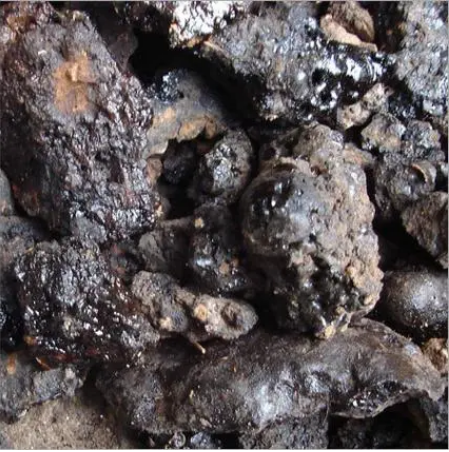Follow Us:

Is Xanthan Gum Safe for Dogs
When discussing dog food and treats, one ingredient that often comes up is xanthan gum. Many pet owners ask, is xanthan gum safe for dogs, why is xanthan gum added to pet food? In this blog, we will delve into what xanthan gum is, its uses, potential benefits, and risks.
What is Xanthan Gum?
Xanthan gum is a thickening and stabilizing agent made from the fermentation of sugars by the bacteria Xanthomonas campestris. It’s widely used in the food industry to improve texture and viscosity in a variety of products, from salad dressings to sauces, and even gluten-free baked goods. Its ability to create a smooth texture and prevent separation makes it a popular choice among food manufacturers.
In addition to food, xanthan gum is also found in cosmetics, pharmaceuticals, and even some industrial applications. It was approved for use in foods in 1968 and is accepted as a safe food additive in the US, Canada, European countries, and many other countries, with E number E415, and CAS number 11138-66-2.

Is Xanthan Gum Gluten Free?
Yes, xanthan gum is gluten-free. It is derived from the fermentation of sugars by the bacteria Xanthomonas campestris and is often used as a thickening and stabilizing agent in gluten-free recipes. It can help mimic the texture and elasticity that gluten provides in traditional baked goods, making it a popular choice for gluten-free baking.
Is Xanthan Gum Safe for Dogs?
While xanthan gum is generally recognized as safe (GRAS) by the U.S. Food and Drug Administration (FDA) for human consumption, many pet owners are concerned about its safety for dogs.
Is Xanthan Gum Natural?
Xanthan gum is often considered a “natural” food additive because it is derived from the fermentation of sugars by the bacterium Xanthomonas campestris. While the process involves microbial fermentation, the end product is a polysaccharide that is widely used in food and other products for its thickening and stabilizing properties.
While xanthan gum is derived from a natural source, it undergoes processing to create the final product. Therefore, while it is often categorized as a natural ingredient, it’s important to recognize that it is still a processed additive. If you prefer whole, minimally processed ingredients, you may want to consider alternatives.
Xanthan Gum in Dog Food
In dog food, xanthan gum serves several purposes:
- Thickening Agent: It helps to create a desirable consistency in wet foods, ensuring that they are palatable and easy for dogs to eat.
- Stabilizer: Goma xantana can help maintain the uniformity of ingredients in both dry and wet dog foods, preventing separation and ensuring that each bite is consistent.
- Gluten-Free Baking: For pet owners who make homemade treats, xanthan gum can be an excellent substitute for gluten, helping to bind ingredients together.
- Dietary Fiber: It can act as a source of soluble fiber, which may aid in digestion.

Xanthan Gum Benefits for Dogs
- Digestive Health: As a soluble fiber, xanthan gum may help regulate bowel movements and improve gut health. It can aid in the fermentation process in the intestines, promoting a healthy balance of gut bacteria.
- Weight Management: Fiber can help dogs feel full, which may assist in weight management. Including Gomme xanthane in treats can make them more filling without adding excessive calories.
- Hypoallergenic Option: For dogs with food sensitivities or allergies, xanthan polysaccharide can serve as a gluten-free alternative in homemade dog food recipes.
Tips
Every dog is unique, and what may be safe for one dog could cause issues for another. Factors such as breed, size, age, and pre-existing health conditions can influence how a dog reacts to certain ingredients. Always introduce new foods gradually and monitor your dog for any adverse reactions.
Alternatives to Xanthan Gum
If you’re hesitant about including Xantano in your dog’s diet, there are alternative thickeners and binders you might consider:
- Chia Seeds: These are high in fiber and can absorb a significant amount of water, creating a gel-like consistency. They’re also nutritious and provide omega-3 fatty acids.
- Flaxseed Meal: Similar to chia seeds, flaxseed meal is a good source of fiber and healthy fats, and it can help thicken foods.
- Psyllium Husk: This natural soluble fiber can aid digestion and help thicken recipes. It’s often used in dog food formulations as a source of fiber.
- Coconut Flour: This gluten-free flour can be used in baking and has binding properties. It’s also rich in fiber and nutrients.
Where to Buy Xanthan Gum?
GREEN AGRI is a plant extract manufacturer with 20 years of experience. We specialize in producing high-quality pet food ingredients. Just send an email to info@greenagribio.com to get bulk xanthan gum powder.
Conclusion
So, is xanthan gum safe for dogs? The short answer is yes, when consumed in moderation. Most dogs tolerate it well, and it can provide benefits such as improved digestion and texture in food. However, as with any dietary ingredient, individual responses can vary. It’s always a good idea to monitor your dog’s reaction to new foods and consult with your veterinarian if you have any concerns.


















